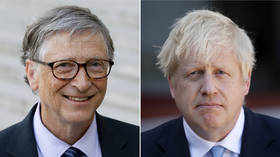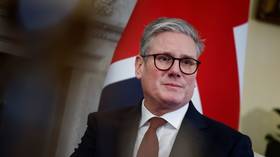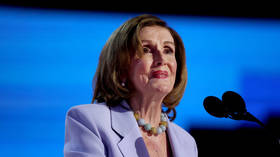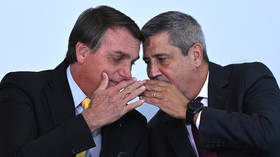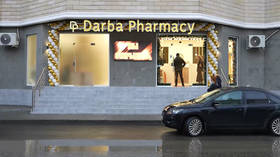By postponing an exhibition featuring paintings of KKK figures, senseless censors are devaluing art
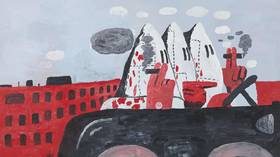
An exhibition by US painter Philip Guston has been put back until 2024, due to sensitivities over its Ku Klux Klan content. Political gestures like this compromise the art and insult the audience’s intelligence.
The announcement of the postponement of an art exhibition has exposed the political motivation of museums. The exhibition by American painter Philip Guston (1913-1980) – due to tour Washington DC, London, Boston and Houston – has been pushed back four years.
Some of Guston’s most famous paintings feature figures in Ku Klux Klan hoods, portraying them in a critical light. These KKK images – however mocking – have spooked museum directors.
They declared, “The racial justice movement that started in the U.S. and radiated to countries around the world, in addition to challenges of a global health crisis, have led us to pause. As museum directors, we have a responsibility to meet the very real urgencies of the moment. We feel it is necessary to reframe our programming and, in this case, step back, and bring in additional perspectives and voices to shape how we present Guston's work to our public. That process will take time.”
“Additional perspectives and voices” is code for including other artists (presumably non-white) in the exhibition. It reveals the art elite treating artists as mere skin colours. Rather than allowing us to draw our own conclusions from Guston’s paintings, museums will force political art by less talented artists upon us.
The decision has certainly upset a number of significant figures in the art world. An open letter on The Brooklyn Rail was signed by nearly 100 artists, curators, dealers and writers who criticised the postponement and accused the galleries of betraying Guston’s work.
An important motivation behind the postponement is financial. Covid restrictions, an economic slump and a massive drop in international tourism has slashed the numbers of museum visitors, rendering the tour at least less profitable than projected, and possibly even a loss-making venture.
The exhibition has been moved to 2024, a general election year in the USA. It can only be a coincidence.
Also on rt.com Time for some NeuroSpeculative AfroFeminism Research: Forget activism, here comes ‘artivism’ in support of BLM’s aimsHumanitarian not partisan
Guston’s art already has political aspects. He had a successful career as an abstract expressionist painter in the 1950s and early 1960s. In the late 1960s, feeling that abstraction had become a straitjacket, Guston started painting figures and objects. He admitted that the impact of watching news footage of the Vietnam War had not driven him towards social comment, but personal comment.
His images of KKK members made them both ominous and comical. He admitted the possibility of these characters having banal lives and experiencing isolation and boredom; this robbed them of their potency as a symbol of blind hate. Guston’s honesty led him to create art that had complexity, depth and ambiguity.
In 1971, Guston drew a series of satirical pictures called ‘Poor Richard.’ In these, the painter lampooned President Richard Nixon. However, Guston’s politics seem more humanitarian (opposition to injustice, suffering, war, fear, poverty) than party political.
The sad truth is that museum directors and curators do not see their role to present art (both popular and unfamiliar) in an informative and honest manner. Rather than acting as public servants treating visitors as independent informed citizens, art administrators see themselves as political activists proving their worth by reshaping society.
Also on rt.com Racism is over! All it needed was to paint Britain’s iconic red post boxes…blackDefender of classical culture
Given his views on Nixon, Guston would likely have disliked Donald Trump. However, if Guston was opposed to the masked thugs of the KKK, who (spurred on by race hatred) committed arson and assault, why wouldn’t he also oppose BLM, which does the same? How would Guston (who was Jewish) have responded to the anti-Semitism that is commonplace on the left today?
Guston loved the art of the Renaissance, which led him to visit Italy for inspiration. What would he have said to progressive museum curators issuing trigger warnings for fine art? How would he have responded to leftist university lecturers refusing to teach the “problematic” Western canon? As a critic who has studied Guston’s art and writing for decades, I can write with confidence that however averse he would have been towards Trump, he would have opposed progressives’ hatred for classical culture.
More than being politically committed, Guston was a humanist and a lover of culture. When today’s leftists invoke his example, they both misunderstand Guston and fail to recognise their own illiberalism. Guston is a great painter; let his art speak for itself.
Think your friends would be interested? Share this story!
The statements, views and opinions expressed in this column are solely those of the author and do not necessarily represent those of RT.


